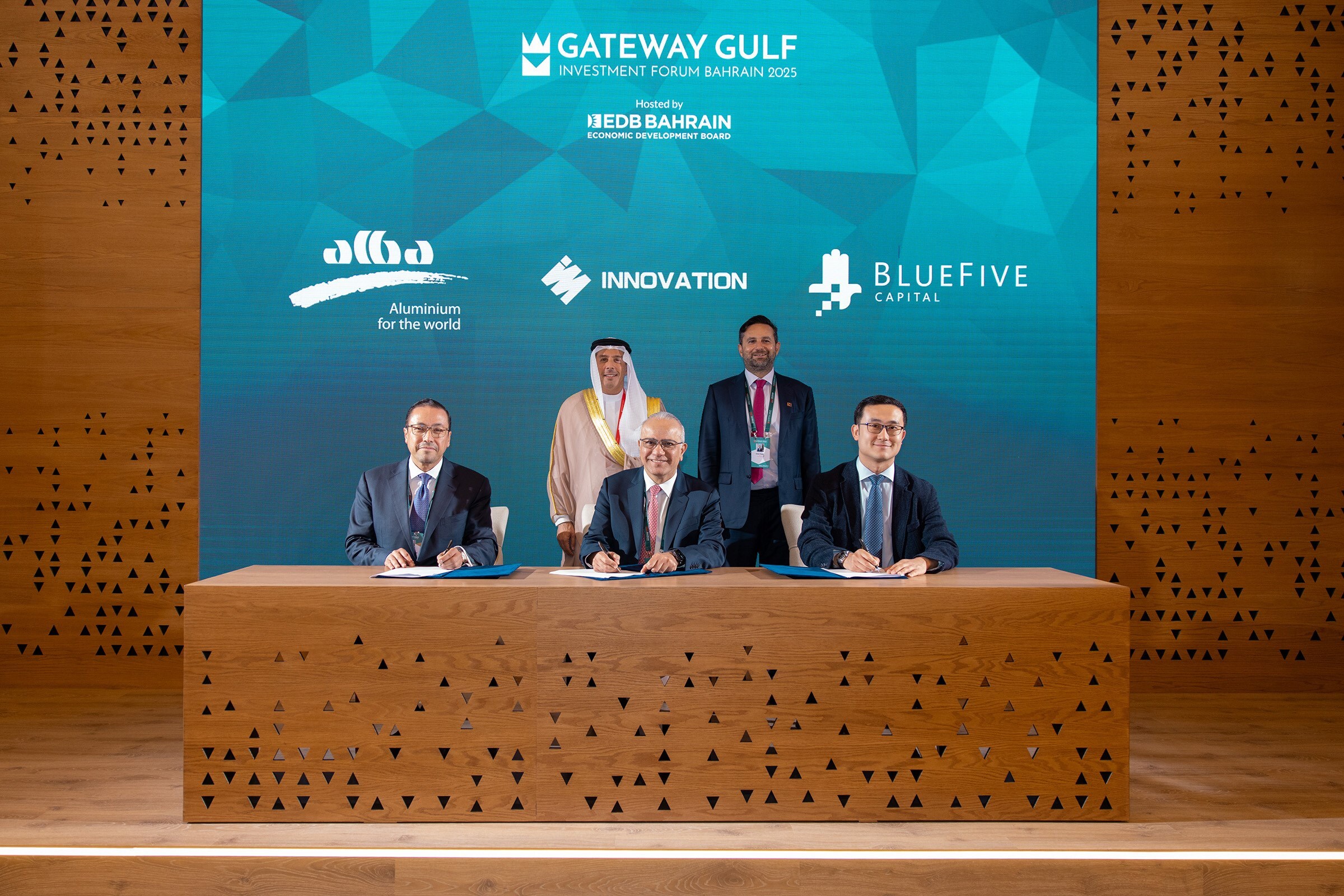

Aluminium Bahrain B.S.C. (Alba), the world’s largest aluminium smelter on one site, announced a strategic partnership with the aluminium manufacturer, Shandong Innovation Group (SIG) and global investment firm BlueFive Capital on the sidelines of Gateway Gulf 2025 with the aim to optimise the global aluminium supply chain. This move reflects the growing GCC-Asia industrial alignment at a moment when supply security and advanced alloys are becoming strategic levers in automotive, aerospace and energy transition markets.

Explore- Most accurate data to drive business decisions with 50+ reports across the value chain
A cooperation built on scale, tech and capital
Alba, majority-owned by Bahrain’s sovereign wealth fund, brings decades of smelting excellence. To this, SIG adds advanced alloy R&D and global processing networks, while BlueFive Capital unlocks cross-border deal-flow and financing channels.
CEO Ali Al Baqali stressed, “This alliance provides the mechanism to pursue upstream investment opportunities beyond Bahrain’s borders.” In plain terms, the company aims to secure feedstock, diversify expansion footprints and prevent raw material bottlenecks, a lesson sharpened by volatile alumina markets and sanctions-driven trade shifts.
Meanwhile, SIG Vice Chairman Charles Cui underlined the technology angle, “This partnership is founded on a shared vision for a more resilient and integrated global aluminium industry.” SIG’s expertise in light-weighting alloys for EVs and renewables adds long-term value beyond primary production.
Cross-border capital meets strategic metals
Hazem Ben-Gacem of BlueFive Capital framed the MoU as a bridge, “Today’s signing lays the foundation for a powerful trilateral bridge connecting industrial leadership, technological innovation, and strategic capital.”
This rhetoric matches real momentum. Gulf investors are increasingly targeting critical mineral ecosystems, from bauxite mines to downstream extrusion and rolling facilities.
Bahrain presently exports in excess of one million tonnes of value-added metal every year and this deal indicates that portfolios could be increased to include those of EV, aerospace and hydrogen-infrastructure grades.
This collaboration will broaden the industrial linkages between China and the GCC beyond simply petroleum into strategic metals, reinforce supply security and alloy innovation to meet the demand of global OEMs and signal a regional pivot as Gulf actors pursue not only aluminium production, but also advanced technological leadership and value-added capabilities.
Must read: Key industry individuals share their thoughts on the hottest topics
Responses








